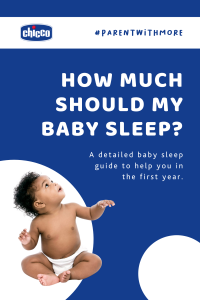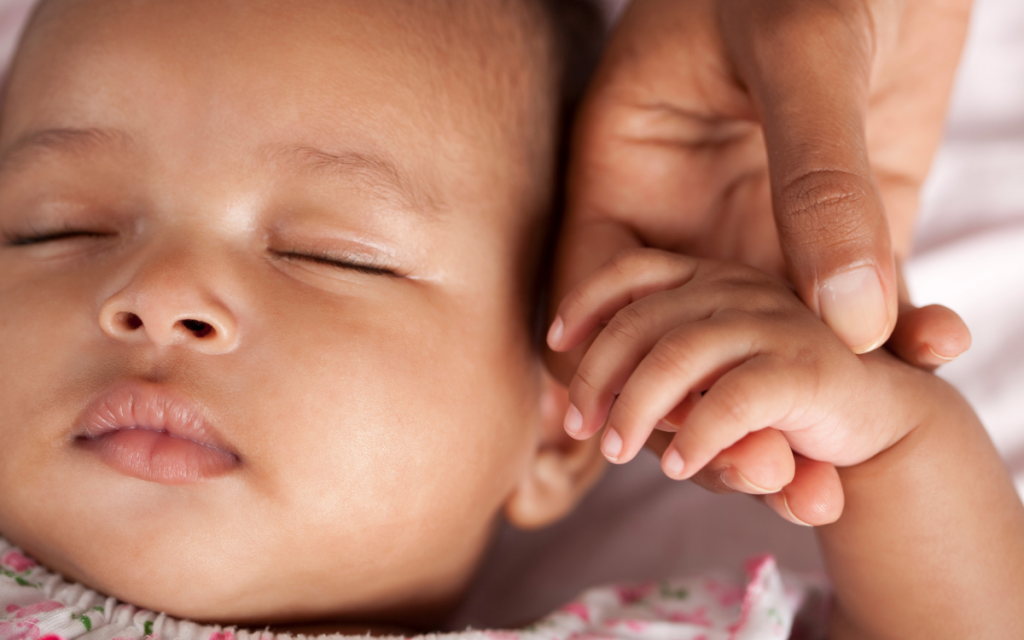Do you know someone who needs a full night’s sleep and someone else who can run off the smell of an oily rag surviving on five hours sleep? Well, babies are similar, kind of.
All babies are little individuals and, as we all know, have their own way of doing things. Whilst some take longer naps, others prefer to nap frequently. Some little cherubs wake up frequently overnight. Some really get on our nerves by sleeping for more extended periods in the night. HOW DARE THEY!
There are some GENERAL guides on how much sleep your baby should be getting throughout 24 hours.
Make yourself a cuppa, have a seat and read this. We’re here to help break down the confusion and give you some clarity surrounding babies and sleep.
How much should your baby sleep?
Sleep guide for newborn babies aged 0 – 3 months.
Congratulations! You’ve had a baby! Now the baby is out; all you’re probably thinking about is feeding and sleeping.
Firstly, babies sleep on and off, day and night. They don’t know what sleeping at night is (neither did we in our twenties), so please (pretty please!) don’t stress if your newborn doesn’t sleep for longer periods in the night. They will.
Generally, a baby in this age range should get between 14 – 17 hours of sleep over 24 hours. As they need to be fed and changed frequently, they’re more likely to sleep in shorter stretches and wake more often (no matter what time of day it is).
Tip: Experts suggest that from around six weeks, you could help your baby learn to sleep longer at night by exposing them to light and playing with them during the day. Then, provide a dim and quiet environment at night.
Sleep guide for babies aged 3 – 6 months.
So, your bubba has grown and is starting to develop their own little personality and maybe even a few teeth. CUTE! From three months, your baby would have most likely started to build their own regular sleeping patterns.
At this age, babies will need around 12 – 15 hours of sleep every 24 hours. They might have a couple of naps in the day and do a longer stretch of sleep overnight. Might.
They’ll probably still wake to feed in the night-time, so don’t focus too much on the elusive sleep through just yet.
Sleep guide for babies aged 6 – 12 months.
As babies grow older, they generally require less sleep when compared to their early days.
From six months until they are one, they’ll probably sleep 11 – 14 hours every 24 hours.
With all the playing, learning and discovering to be done, they might drop a day nap (it’s exhausting, we know). However, they might sleep longer overnight and require fewer feeds as they’ve most likely started solids and are in a different day/night routine.
Tip: At this age, babies can experience separation anxiety from being away from their parents and carers. If you see some regression in your baby’s night-time sleeping patterns, try using a sweet looking night light in their room.
Sleep guide for babies aged twelve months and over.
Hip-hip, hooray! You have a one-year-old! You did it!
From twelve months onwards, babies usually sleep better and more consistently. They are likely to wake less, take one or two naps in the day and sleep for a longer stretch at night.
At twelve months, babies will generally sleep 8 – 14 hours over 24 hours. This could be one or two day naps, followed by a longer sleep overnight, or no day sleeps (WTF?!) and a big twelve-hour sleep in the night.
REMEMBER! This is a guide. All babies are different.

Babies and sleep are a #1 concern that parents and carers have for their little ones. Sometimes it can be all too consuming. If you think that your baby is sleeping too much or too little, see your family healthcare professional. Even if it is just for peace of mind.
Wherever you are on the great parenting journey, Chicco is here for you.
Team Chicco
#ParentWithMore

